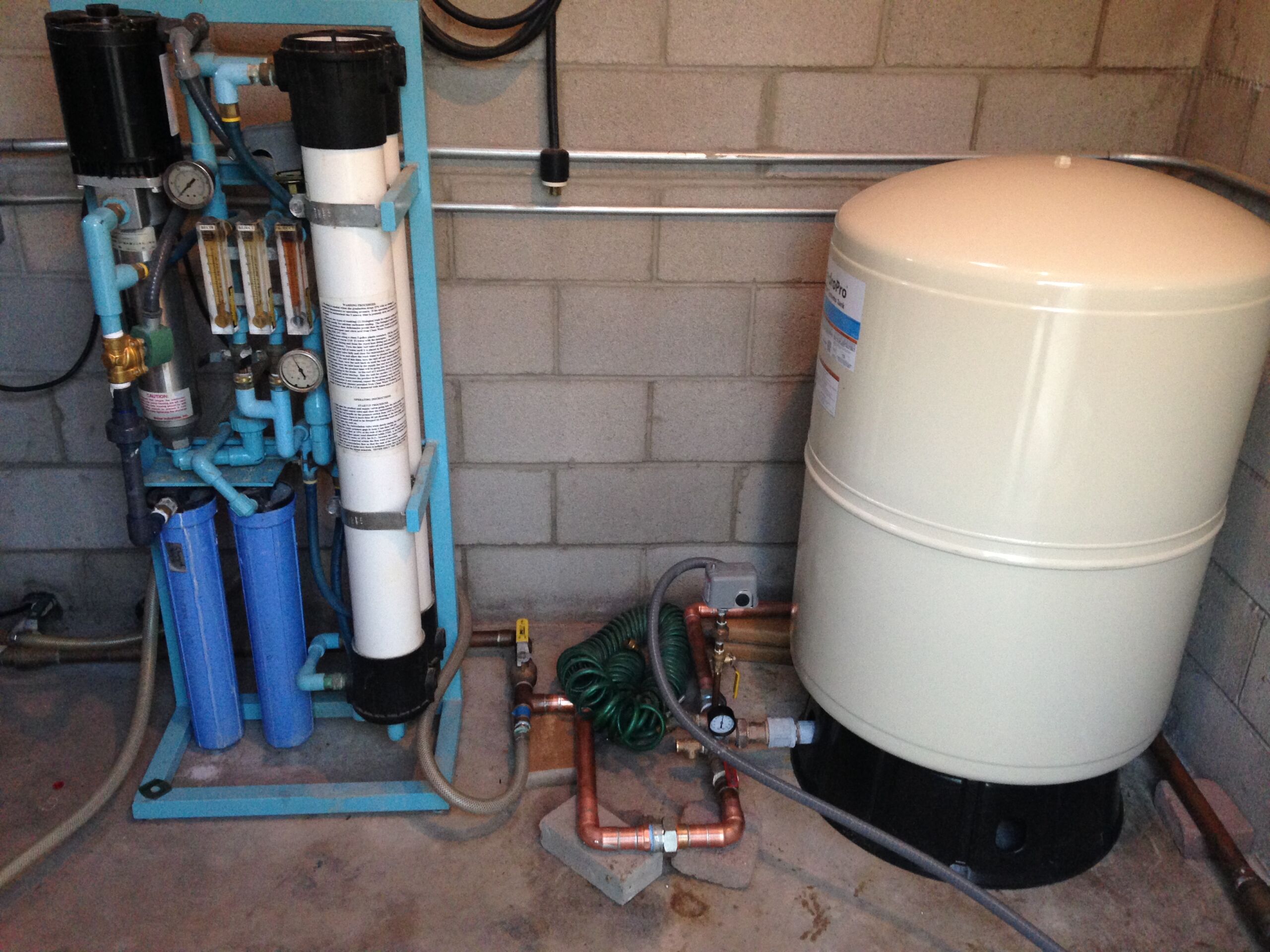Colorado Well Water Testing and Treatment Contractors
Find qualified Well Water Testing and Treatment contractors in Colorado using our contractor lookup tool. Learn more about NGWA Contractor Certifications here.
Sharpe Drilling Company
Trinidad, CO 81082
United States
DMW Well & Pump Service
Burlington, CO 80807-0099
United States
Beeman Bros Drilling Inc
Durango, CO 81303-7834
United States
Black Mountain Pump Service Inc
Divide, CO 80814-0783
United States
NWP Drilling & Consulting LLC
Hooper, CO 81136
United States
Find Well Water Testing and Treatment In
Frequently Asked Questions
When should I have my well water tested?
The National Ground Water Association (NGWA) recommends well owners test their water at least annually for bacteria, nitrates, and any contaminants of local concern. More frequent testing should be considered if:
- There is a change in the taste, odor, or appearance of the well water, or if a problem occurs such as a broken well cap, inundation by floodwaters, or a new contamination source
- The well has a history of bacterial contamination
- The septic system has recently malfunctioned
- Family members or house guests have recurrent incidents of gastrointestinal illness
- An infant is living in the home, or
- To monitor the efficiency and performance of home water treatment equipment.
What can impact groundwater quality?
Forty-seven percent of the United States depend on groundwater for their basic drinking water supply. Having a basic understanding about groundwater quality will help ensure that your well is supplying potable water for your household.
Along with human activities, water quality is affected by a combination of natural processes. Most relate to chemical compositions underground. However, other factors such as biological, physical, and radiological conditions can affect water quality as well.
Read moreHow is a well disinfected?
Properly constructed and maintained water well systems are designed to keep microorganisms such as bacteria, viruses, and protozoa from getting inside the well system and into the water. When a water test indicates the presence of microorganisms in a well, disinfection of the well system is recommended along with some level of inspection.
Read moreColorado Groundwater and Water Well Statistics
- Approximately 183,000 known residential wells statewide
- 482 community water systems use groundwater for 398,600 people
- 138 non-community, non-transient water systems use groundwater for 35,900 people
- 819 non-community, transient water systems use groundwater for 166,500 people
- 10,100 irrigation wells used serving 2,670 farms and 1,000,000 acres
Well Water Testing and Treatment Articles and Resources
Does My Water Well Need Treatment? By Gary L. Hix, R.G., CWD/PI Have you ever asked yourself: “Does my well water need treatment?” The question is not one you can answer if you have not had your water tested recently. You should ask yourself instead: “When was the last time I had my water tested?” If the answer to this question […]
PFAS and Private Well Owners: What You Need to Know NGWA published PFAS and Private Well Owners: What You Need to Know, a two-page fact sheet for home owners concerned about PFAS. Written in easy-to-understand language by groundwater professionals, it explains what PFAS are, how to test wells for PFAS, treatment options, and more.




